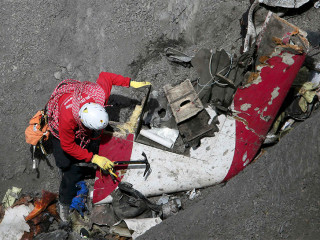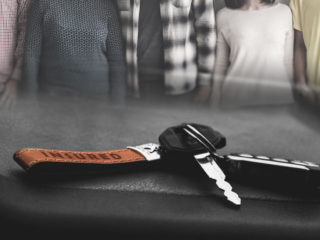Full Decision
Plaintiff Counsel: John W. Wowk
Defence Counsel: Robert K. McCartney
Lambert v. Maracle provides an overview of the proper order of examinations for discovery. In this case, the plaintiff brought a motion seeking an order to compel the defendant, Aviva Insurance Company of Canada (“Aviva”), to be examined first despite the fact that Aviva was the first party to serve a notice of examination. The plaintiffs alleged that Aviva’s affidavit of documents was deficient, thereby giving no force or effect to its notice of examination. The motion judge ultimately granted the plaintiff’s motion.
The plaintiff was involved in a single-vehicle accident. He was found unconscious with a brain injury and had no memory of the collision. The plaintiff claimed that he was a passenger at the time of the collision and named the owner of the vehicle and the alleged driver as defendants along with his own insurer, Aviva, for underinsured/uninsured/OPCF44 protection.
Aviva served an affidavit of documents and notice of examination before the plaintiff; therefore, it argued that it had a right to conduct its examination for discovery first, in accordance with Rule 31.04 of the Rules of Civil Procedure (the “Rules”). The plaintiff claimed that Aviva’s affidavit of documents was deficient and incomplete as it had failed to include the plaintiff’s policy of insurance, and was therefore not in compliance with the Rules.
Aviva argued that failure to include the policy was not a material omission and that they were entitled to examine the plaintiff first. Aviva further submitted that if the plaintiff was allowed to examine first, they would subsequently tailor their evidence to the information obtained in a further and better affidavit of documents as well as the evidence given at the defendant’s examination for discovery, which would prejudice the defendant.
Justice MacLeod-Beliveau reviewed Rules 30.03 (1) and (2) which requires that a party’s affidavit of documents must disclose the full extent of the party’s knowledge, information and belief relevant to the matter in issue in the action that are or have been in the party’s possession, control or power.
Justice MacLeod-Beliveau also reviewed Rule 31.04, which provides direction as to when an examination of a party may be initiated. Typically, the first party to serve a notice of examination can examine first, but only if they have already served their affidavit of documents.
Justice MacLeod-Beliveau ruled that the policy of insurance was highly relevant and was in Aviva’s possession on the date that its affidavit of documents was sworn. She concluded that Aviva’s affidavit of documents was inappropriate and deficient. She found that the deficiencies were tactical so that Aviva could preserve its right to examine first.
She also rejected Aviva’s suggestion that the plaintiff would tailor their evidence if allowed to examine first. She found that there was no evidence to support that accusation.
While Rule 31.04(3) grants the court discretion to vary the order of examination for discovery, MacLeod-Beliveau, J. determined that exercising that discretion was not appropriate in this case. She struck Aviva’s notice of examination and ordered that Aviva serve a further and better affidavit of documents. Since the plaintiff had served a proper affidavit of documents and notice of examination, they were entitled to examine the defendant first.















